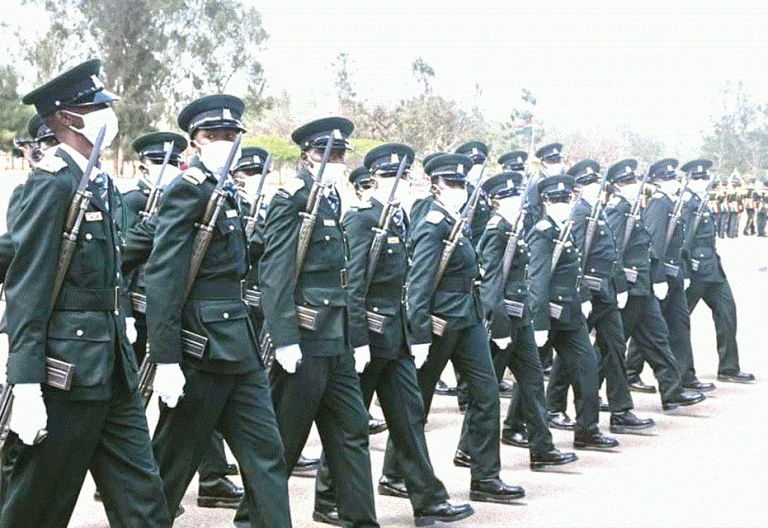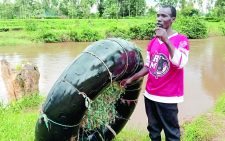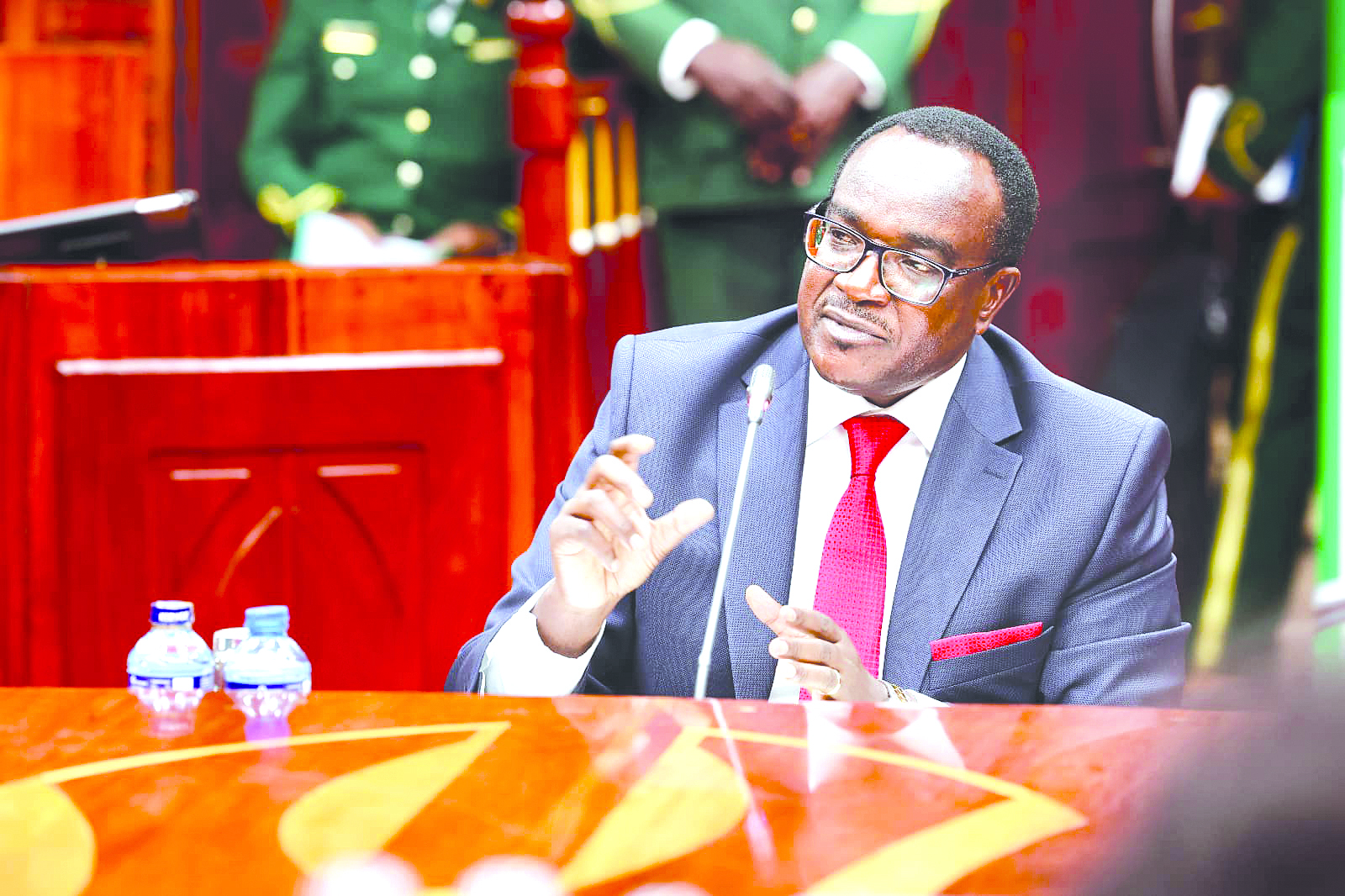Over 500 senior prisons service staff promoted

At least 539 senior Kenya Prisons Service officers have been promoted to the next rank in major changes by the Commissioner General, Patrick Aranduh.
The service has also created new ranks to enhance the delivery of services and streamline hierarchy in the service including that of Assistant Superintendent of Prisons (ASP).
The new ranks, announced on December 4, are also expected to harmonize the Prisons ranks with those of the National Police Service (NPS) as part of the Justice (rtd) David Maraga-led taskforce on police, prisons and National Youth Service (NYS) reforms.
The officers have been promoted to the ranks of Senior Assistant Commissioner General of Prisons (SACGP), Assistant Commissioner General of Prisons (ACGP), Commissioner of Prisons (CP), Superintendent of Prisons (SP), and Assistant Superintendent of Prisons (ASP).
The rank of Inspector of Prisons has been de-linked from the senior sergeant rank, creating a clearer distinction between the two ranks.
“This change harmonizes the ranking system of the Kenya Prisons Service with that of the National Police Service,” he added, saying these are part of the Human Resource recommendations from the taskforce.
Professional development
Aranduh said that the changes underscore the Kenya Prisons Service’s dedication to professional development, improved ranking structures, and better service delivery.
Among others, the National Taskforce on Improvement of Terms and Conditions of Service and other Reforms for Members of the National Police Service, National Youth Service and Kenya Prisons Service recommended all top prison officers to be vetted within six months.
The Maraga team said the move to vet the personnel is aimed at addressing leadership challenges that are affecting the prisons.
“The task force recommended a fresh vetting by an independent panel to be appointed by the President for all officers in the rank of Senior Superintendent of Prisons and above (save for the current CGP) within six months of publication of the report,” says the report.
Funding deficit
The report was handed over in December 2023. The team said it established the prisons have had an annual average funding deficit of about 40 per cent since 2008. This has affected its institutional development.
It added prisons have large tracts of land that should have been utilized to ensure self-sufficiency in food supply. However, the farms have been run down owing to a lack of resources as well as leadership wrangles, poor management that lacks innovation and endemic corruption.
“In some instances, insufficient ablution and sanitation facilities force inmates to use buckets in the poorly ventilated prison dormitories. Nothing can be more dehumanizing and offensive to the inmates’ rights to dignity, privacy and a clean environment,” the report stated.
The report also revealed that in many prisons across the country, the prisons’ officers’ living conditions are dehumanising. As is the case with the NPS, officers in KPS and their families live in mud housing, dilapidated, congested and condemned structures, according to the report.
The Maraga team also recommended that the entry requirement into the service should be capped at a minimum grade C minus (C-) except for candidates from marginalised areas.
To address the challenges of immaturity prevalent in the entrants, the team says the minimum recruitment age should be raised from 18 to 21 years for the respective services.
To be able to undertake relevant theoretical and practical training including field attachments to ensure competency in training and professionalism, the initial training for cadets should take not less than 15 months while the one for constables should not be less than 12










